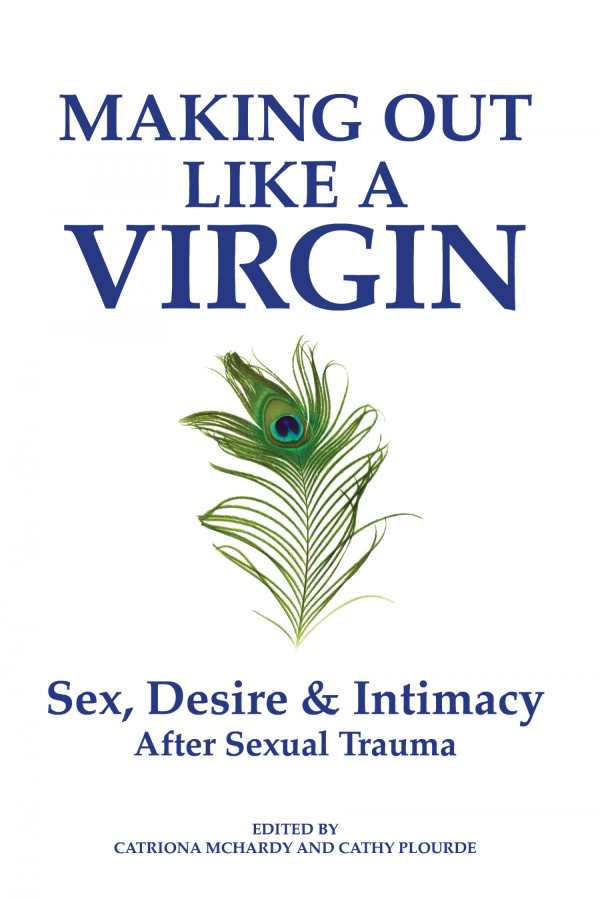
Making Out Like a Virgin
Sex, Desire & Intimacy After Sexual Trauma
- 2016 INDIES Finalist
- Finalist, Self-Help (Adult Nonfiction)
The raw honesty in these perfectly timed essays puts a human face on a hugely stigmatized social issue.
“Sex is never just about sex,” states writer Sue William Silverman in the foreword to Making Out Like a Virgin: Sex, Desire & Intimacy After Sexual Trauma. “Sex can be about power, comfort, domination, awareness, discovery, tenderness, violence, and identity. And that’s the short list.” The seventeen personal stories in this powerful collection explain and explore the many paths to recovery from sexual trauma and addiction.
The raw honesty in these perfectly timed essays puts a human face on a hugely stigmatized social issue. Its editors are both advocates for support and recovery surrounding human sexuality; McHardy worked for Planned Parenthood for more than three decades, and Plourde is a sex-positive consultant, trainer, and professor. “Sexual trauma is not a limitation,” they assert, and their contributors make good on that claim.
To make out “like a virgin” means to come to sex without baggage. That’s easier said than done, but it is possible—in spite of extreme experiences of trauma, such as incest, rape, and other sexual violence. “I have to remind myself that life is not out to get me or punish me with all this sorrow. Suffering doesn’t make me righteous and it isn’t why I’m here,” says Kyle D. Andrews in his meaningful essay “Alone With My Bliss.” Recovery is not just about getting out of survival mode. It’s also about getting back into the stream of life.
Essayists coming to terms with sexuality—and owning who they are without sex—is a common theme. Although the consequences vary from writer to writer, these stories take on topics like AIDs, hepatitis, prostitution, bankruptcy, alcoholism, drug addiction, and PTSD. At the core of each story is the same struggle, and in each, a grain of hope for recovery. “I’m proud of who I am today and love myself deeply not in spite of my rape, but because I triumphed over it,” says Maureen Shaw in her essay “Find Your Voice and Carry a Big Sign.”
Sharing these intimate stories without shame or self-blame is a powerful act.
Reviewed by
Claire Foster
Disclosure: This article is not an endorsement, but a review. The publisher of this book provided free copies of the book to have their book reviewed by a professional reviewer. No fee was paid by the publisher for this review. Foreword Reviews only recommends books that we love. Foreword Magazine, Inc. is disclosing this in accordance with the Federal Trade Commission’s 16 CFR, Part 255.
